The Dakar Rally stands as the ultimate proving ground for navigation technology, where the ancient art of roadbook interpretation collides with modern GPS systems in a high-stakes dance across deserts, mountains, and dunes. This grueling event reveals how the marriage between human intuition and digital precision often means the difference between victory and catastrophe.
The Roadbook Bible
Before the era of satellite navigation, rally crews relied entirely on the roadbook – a cryptic bible of handwritten notes, diagrams, and obscure symbols. Veteran co-drivers speak of these documents with religious reverence, their pages stained with sweat and dust from countless editions. The roadbook demands alchemical translation skills; a single misinterpreted squiggle can send a truck plunging off a hidden dune or bury a bike in soft sand for hours.
Master navigators develop an almost psychic connection with their roadbooks. French legend Jean-Paul Cottret, who guided Stéphane Peterhansel to multiple Dakar wins, could reportedly sense upcoming dangers by the texture of the paper and the pressure of the pencil marks. These paper scrolls contain layers of tribal knowledge passed between generations, with margin notes warning of "invisible holes" or "sand that swallows motorcycles whole."
Digital Intrusion
The introduction of GPS tracking in 1992 sparked outrage among traditionalists. Initially limited to safety tracking, the technology gradually infiltrated navigation systems. Modern rally cars now feature multiple glowing screens displaying digital roadbooks, GPS coordinates, and terrain mapping – creating what some call "playstation rallying."
Yet the desert routinely humbles this technology. During the 2017 edition, a solar storm disrupted GPS signals across the Atacama, causing factory teams with million-dollar systems to circle helplessly while local competitors using paper roadbooks charged ahead. The incident revived debates about over-reliance on technology in an environment that rewards ancestral knowledge.
The Hybrid Warriors
The most successful teams now employ a hybrid approach. Spanish motorcycle ace Marc Coma carried both GPS and roadbook throughout his five victories, using digital tools for orientation but trusting paper for critical hazard warnings. "The GPS shows you where you are," Coma explained after retirement, "but only the roadbook tells you what's coming."
Truck crews have developed elaborate rituals – the navigator's eyes constantly flick between glowing screens and paper notes, fingers tracing alternate routes while the driver watches for visual confirmation of hazards. The mental load creates extreme fatigue; co-drivers routinely lose 3kg during the race from cognitive exertion alone.
Technological Mutiny
Organizers constantly battle competitors who hack or manipulate GPS systems. Clever teams discovered ways to overlay custom waypoints on official maps, creating "invisible shortcuts." The 2022 regulations introduced encrypted GPS units after several cars were found using military-grade signal decoders. This cat-and-mouse game mirrors the rally's early days when competitors would bribe local guides for secret routes.
Some purists have taken radical steps. Privateer motorcycle rider Alessandro Botturi famously competes without GPS, relying solely on roadbook and compass. His 2018 performance – finishing seventh despite "navigating like it's 1985" – became legend. "The desert doesn't care about your satellites," Botturi remarked at a bivouac camp. "She speaks only in sand and stone."
The Cognitive Divide
Neuroscience research reveals stark differences in how drivers process roadbook versus GPS information. Paper navigation activates spatial memory centers, creating mental maps that prove more resilient under stress. GPS reliance tends to suppress these areas, leaving crews helpless when technology fails. The Dakar's extreme conditions amplify this effect – dehydration and exhaustion cripple digital dependence far quicker than hard-earned navigational instinct.
This explains why many veteran competitors intentionally limit GPS use during training. Multiple champions including Nasser Al-Attiyah schedule "analog weeks" where they navigate using only roadbooks and stars, deliberately recreating failure scenarios. "You must let the desert inside your bones," says the Qatari driver. "The machines can break, but the desert never forgets the way."
The Future Battlefield
As autonomous vehicle technology advances, the Dakar has become an unlikely testing ground. Toyota and Audi have used recent editions to develop AI co-pilot systems, with mixed results. During the 2023 Prologue stage, an experimental autonomous navigation module led a factory car directly into a mud pit its human counterpart would have avoided.
Meanwhile, traditionalists counter with increasingly sophisticated analog techniques. A secretive French team has developed a "haptic roadbook" system using braille-like vibrations to communicate terrain changes, allowing faster reaction times than visual reading. Another group experiments with olfactory cues – different scents marking specific hazards.
The Dakar's navigation war rages on, not between old and new, but between those who understand the desert as a living adversary and those who view it as data to be conquered. As the rally ventures into Saudi Arabia's uncharted deserts, this eternal conflict finds fresh battlegrounds. The sand ultimately decides who navigates best – and buries the rest.
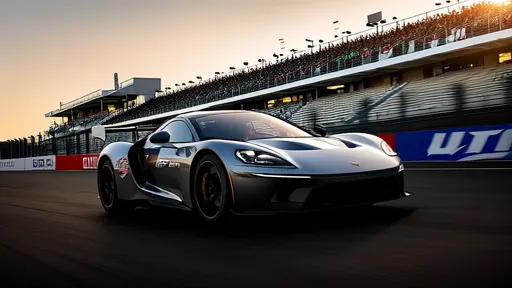
By /Jun 14, 2025
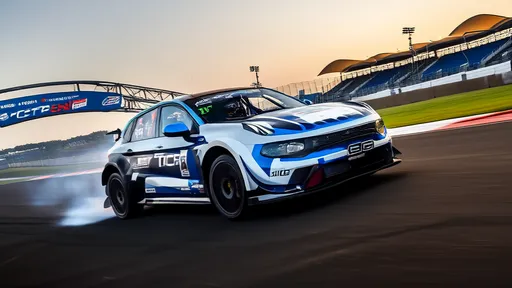
By /Jun 14, 2025
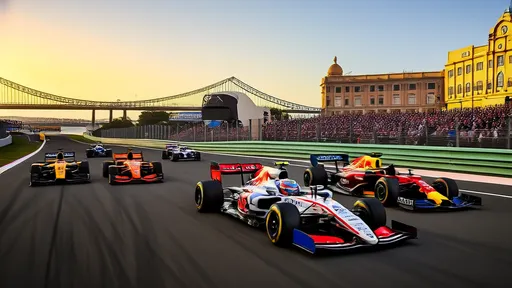
By /Jun 14, 2025
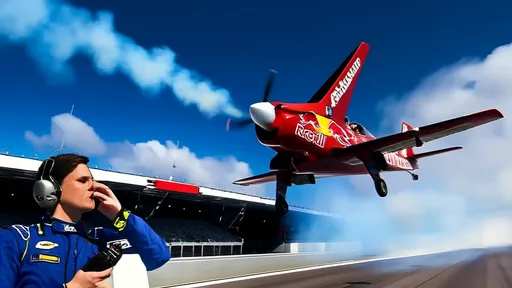
By /Jun 14, 2025
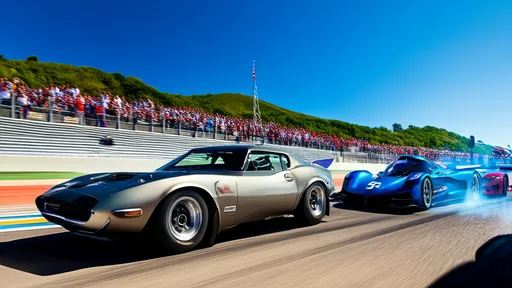
By /Jun 14, 2025
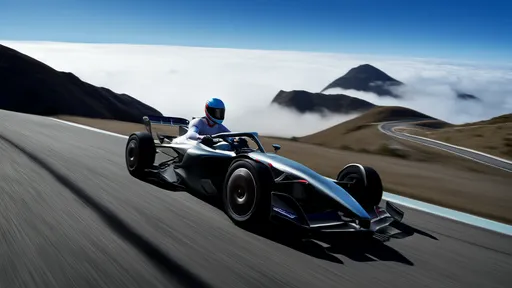
By /Jun 14, 2025
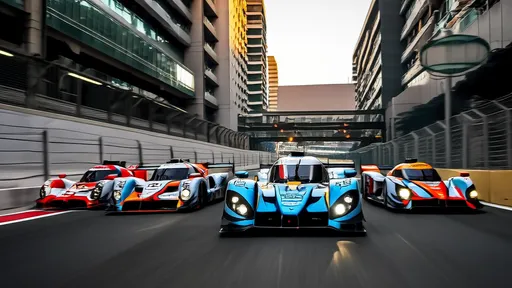
By /Jun 14, 2025
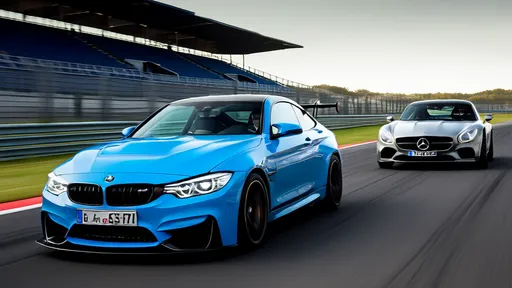
By /Jun 14, 2025
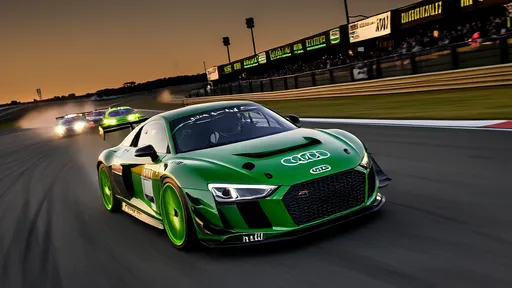
By /Jun 14, 2025

By /Jun 14, 2025
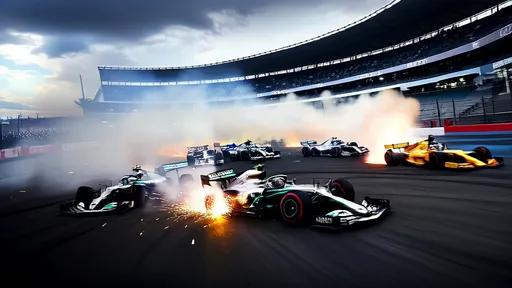
By /Jun 14, 2025
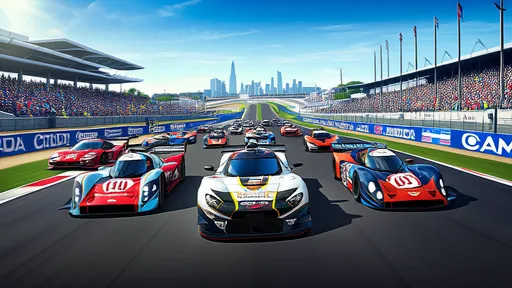
By /Jun 14, 2025
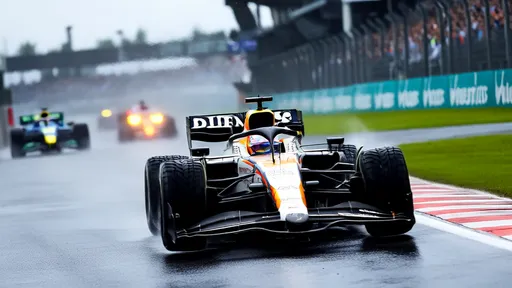
By /Jun 14, 2025
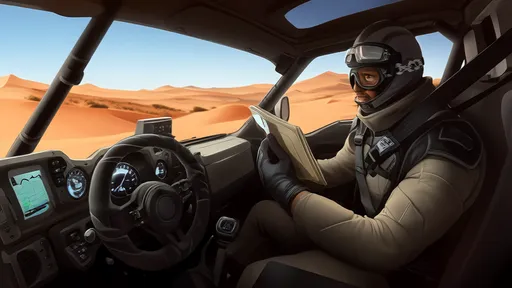
By /Jun 14, 2025
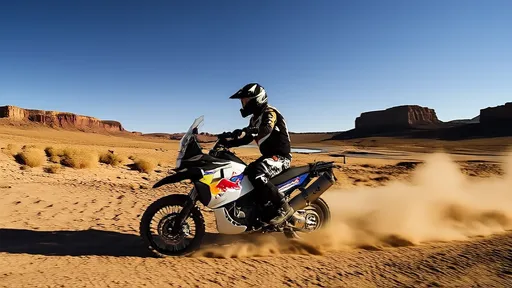
By /Jun 14, 2025
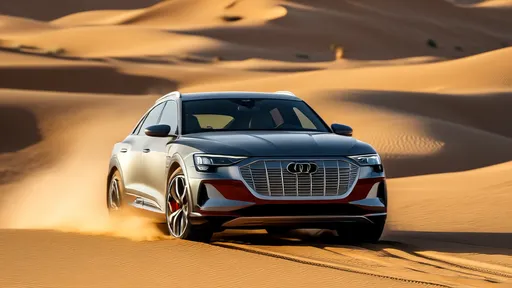
By /Jun 14, 2025
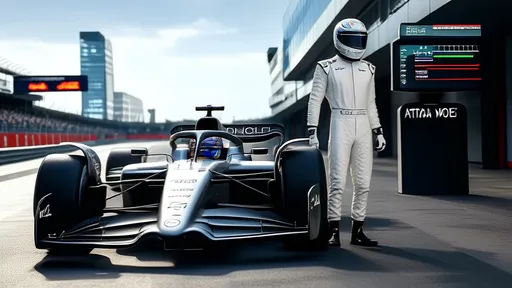
By /Jun 14, 2025